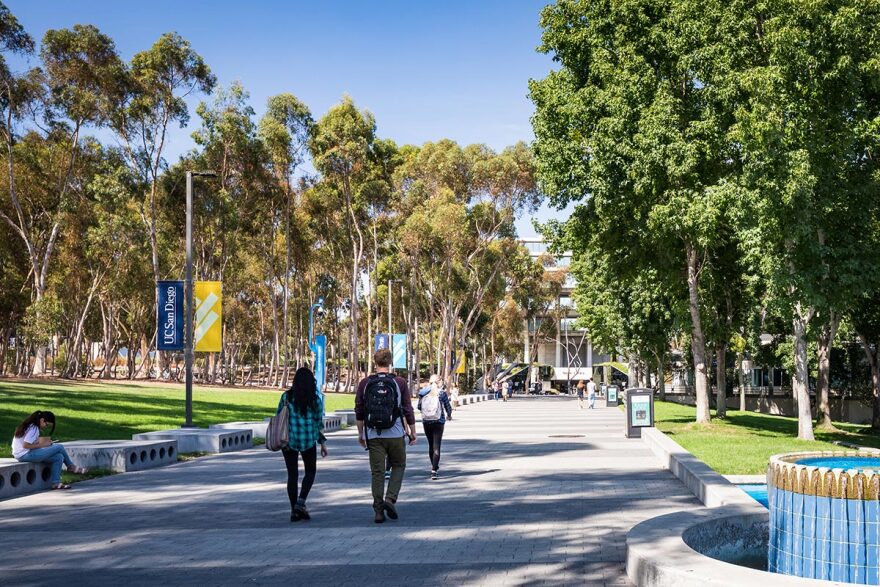UC San Diego joined a Phase II clinical trial to evaluate additional COVID-19 booster shots to see if different vaccine regimens can broaden immune responses in adults, it was announced Wednesday.
The study, known as the COVID-19 Variant Immunologic Landscape trial, is sponsored by the National Institute of Allergy and Infectious Diseases, part of the National Institutes of Health.
COVID-19 vaccine manufacturers can adjust their prototype vaccines to target specific variants, a process similar to how manufacturers update seasonal influenza vaccines every year to target circulating strains. However, predicting if, when and where new COVID-19 variants will emerge and how they will affect the population remains challenging, a university statement read.
"The emergence of SARS-CoV-2 variants has challenged the efficacy of available preventive vaccines," said Dr. Susan Little, professor of medicine at the UCSD School of Medicine and principal investigator of the UCSD trial site. "It's clear that we need to learn more about how we might adapt vaccines to match circulating variants and expand and optimize immune coverage to existing and emerging variants."
RELATED: Charity went up in counties hardest hit by pandemic, UCSD study finds
According to UCSD, studies indicate that Omicron has a combination of mutations that make it substantially different from prior SARS-CoV-2 variants. Should a new variant emerge that more closely resembles ancestral SARS-CoV-2, or, for example, the Delta variant, an Omicron-specific vaccine may not offer enough protection.
UCSD is one of 24 academic medical centers around the country enrolling 600 participants in the study. Adults 18 years and older who have already received an FDA-authorized primary COVID-19 vaccination series and a booster shot and are in generally good health may be eligible. Participants are randomly assigned to one of six vaccine regimens.
Study vaccines included in this first stage of the trial are manufactured by Moderna. The trial will be adapted to enroll more participants to evaluate additional vaccine platforms and variant vaccines from other manufacturers as needed.
Participants will be monitored for symptoms and adverse events following vaccination and will be asked to return to the clinic during set times over the course of 12 to 14 months to provide blood samples.
Investigators aim to have initial findings available by August.
-
The city of San Diego is moving forward with a new moratorium on no-fault evictions until Sept. 30, or 60 days after the end of the local pandemic state of emergency, whichever comes first.
-
The San Diego City Council officially established the city’s first Privacy Advisory Board on Tuesday.








